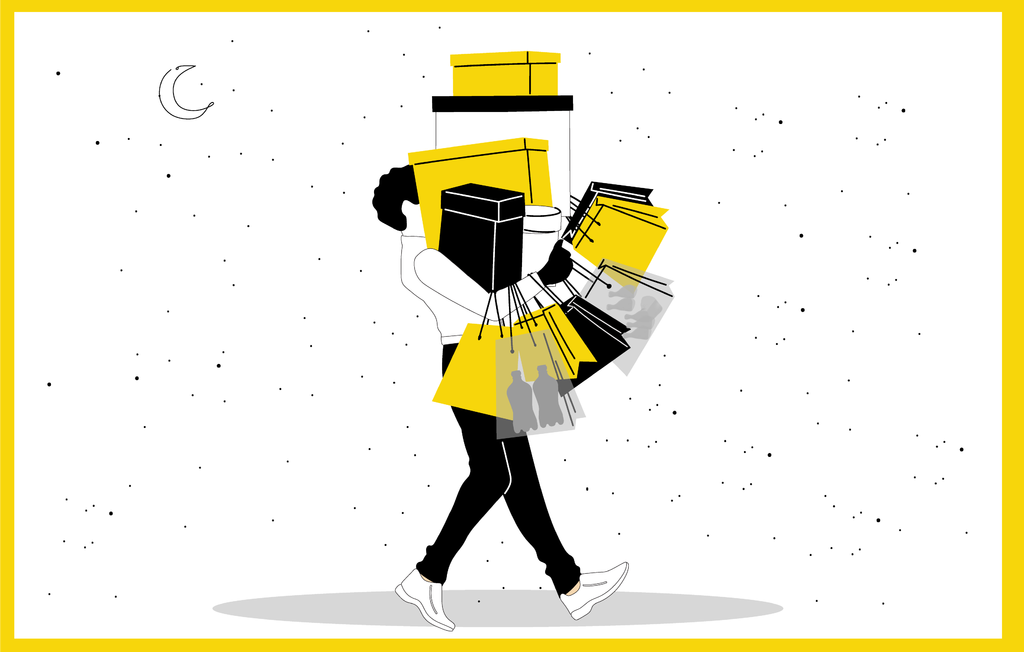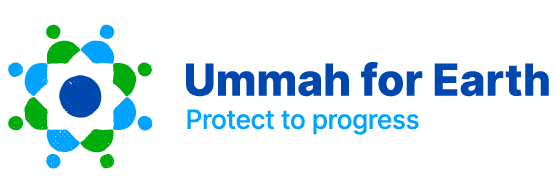
Ramadan is a holy month in Islam, where Muslims are supposed to fast from sunrise to sunset. This holy month means a lot to all Muslims as it unifies all of them worldwide. By fasting, and feeling hunger and thirst you will feel compassion for the poor and needy. It encourages you to help those in need not just this month, but throughout the year. Through such actions, we can reduce the gap between the rich and the poor a little.
Eating habits during Ramadan
During this month, food consumption patterns can be quite different from regular dietary habits. In Morocco, in some families mothers start cooking early so they prepare different dishes for Iftar which is the meal that Muslims eat to break their fast after sunset. This behavior leads to a lot of waste such as waste of energy, food, and water… Excessive preparation of food is not encouraged in Islam.
Changes in eating habits during Ramadan usually cause people’s appetite to decrease, so they don’t eat much during Iftar. As a solution, you can prepare two dishes that contain protein, your favorite fruits, vegetables, and whole grains, avoiding added sugars, sodium, and saturated fats… without forgetting to drink plenty of water for hydration needs. This way we can reduce food waste and overconsumption, conserve water, and energy, and finally stay healthy and maintain energy balance.
Saving water during Ramadan
Another thing we might add is that during Ramadan, water consumption increases in the afternoon and night due to the amount of dishes being cleaned. Since after iftar, most houses have piles of plates and a floor to clean from leftovers.
There are many ways to consume water wisely and negate water loss. For example, when washing dishes it would be better if you filled the water in a small tub and turned off the tap and started cleaning, this way the water usage is decreased, and refilling is necessary only when the water gets dirty.
Instead of pouring lots of soap and water on the floor and then wiping it down, you can simply sweep it up with a broom and wipe it down with a damp cloth containing soap.
Let’s not also forget that a lot of people use water recklessly during Wodoue (ritual Ablution). A better way to do it is by filling a bucket.
Plastic during Ramadan
People shop a lot during Ramadan to prepare supper for iftar. Most of them use plastic bags and throw them away when not in use, that’s why it is advisable to use eco-friendly bags to hold groceries, not only are they helpful for the environment but also reusable. Thus the overconsumption of plastic bags will decrease as well as pollution.
Overall, it is best to keep a balanced and healthy diet during Ramadan, including eating foods of all kinds and drinking water to stay hydrated. Shop wisely and sustainably, and remember that the purpose of this holy month is to share and give, also do not forget to use environmentally friendly products.
We all seek environmental justice, and I believe we can achieve this if we change all of our behaviors, raise awareness of the impact of our actions, and encourage others to do so.
Ramadan Kareem, sign the Ramadan pledge and commit to practice sustainability this month
